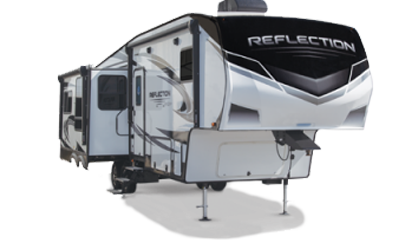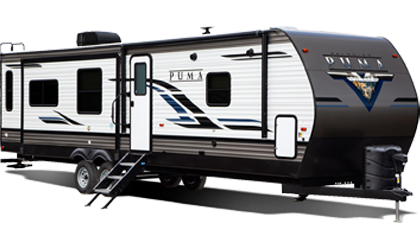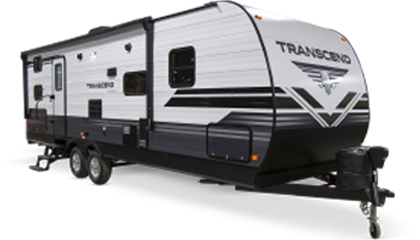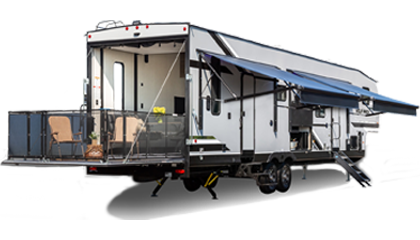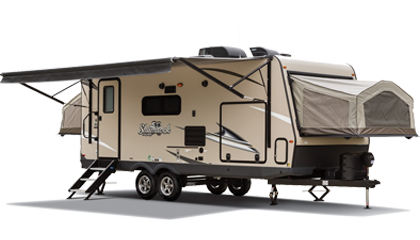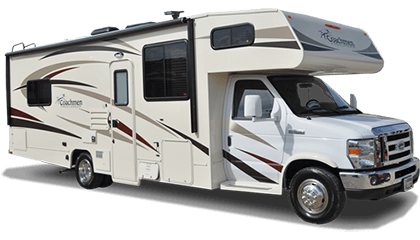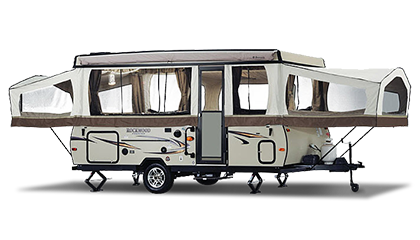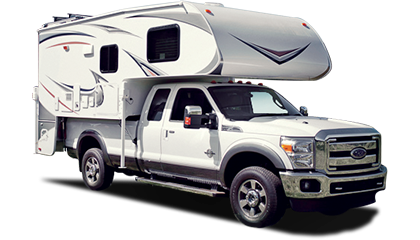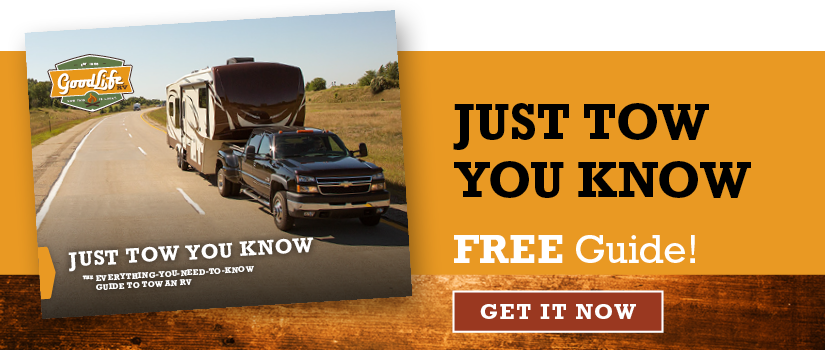Guns and RV’s: What’s Safe and Legal
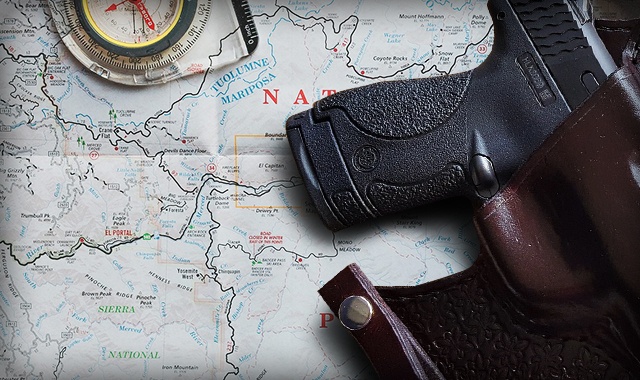
Whether you’re passing through or planning to stay a while, deciding to carry a firearm brings with it a whole other group of worries. Can you legally carry where you’re going? What kind of weapons are allowed? Are there restrictions for visitors? The tricky part of carrying a gun in your RV is that it’s constantly moving — meaning you need to be doubly sure about the law where you’re traveling.
Before You Leave
Do a whole ton of research on the laws where you’re going and any states you’ll be traveling through. Many states have reciprocity laws, meaning that if you can legally carry in your home state, you can carry while you’re traveling without consequence. Not all have this kind of relationship, though. Also, full reciprocity means that the state honors both your permit and your right to carry. Some states will honor your permit, but not your right to carry; a distinct difference that can mean a fine or jail time.
Are You a Vehicle or a Dwelling?
In some places, when your RV is parked it becomes a “dwelling” in the eyes of the law instead of a “vehicle.” Distinguishing between the twobrings yet another set of laws and regulations that need to be observed. If you’re able to drive off with your RV at a moment’s notice, it’s a vehicle. The firearm should be stored in an outside compartment, unloaded and locked. While you should still consider locking it away out of reach, it falls under normal regulations for the state you’re in if your RV is hooked up to something (sewer, electric) because it’s considered a dwelling. Again, this varies from state to state, but it’s a good rule of thumb to start out with if you’re unsure.
Weapons Free Zones?
Some places are off limits to those carrying, regardless of whether they’re generally allowed to do so by law. These usually include courthouses and airports, but can also be establishments that sell alcohol, areas labeled a “weapons free zone” or casinos. To further add to the confusion, areas labeled “weapons free zones” in some states aren’t legally binding. We’ll say a business has a sign posted declaring it weapon free. If the state doesn’t acknowledge and enforce this kind of signage, it’s just wall art.
Federally Speaking
When you travel with a weapon, it should be unloaded in a locked box in a secure area of the vehicle. Any additional ammunition you’re carrying should also be locked away in a secure area, but should also be separate from your firearm. This is especially suggested when you’re traveling through states with tougher gun laws.
Be Smart
Even if you are well within the law while packing on your travels, it’s not the time to advertise your skills. Be it flashing your firearm to people around you or talking about how much heat you’ve got, some might take this as an invitation to challenge your words. It’s great to know that you’re protected should you need it, but it can make people around you a little antsy. Just be smart about what you’re saying and how you’re saying it.
There are a few apps out there that are made specifically with the traveling gun owner in mind. Be cautious when you’re researching or downloading apps by checking the dates and how often things are updated. Just because it was posted once on a website doesn’t mean that the information is still valid. Not being thorough enough can put you on the wrong side of a jail cell, and pulling up the site you visited won’t be enough for a get out of jail free card.
Choosing to carry your firearm with you is a personal decision that could save your life — or get you in a heap of trouble. If you do decide to take it along, do your research before hitting the road to make sure you’re complying with all the rules and regulations of each state. You can find a lot online, or you can call ahead and talk to law enforcement in the areas you’ll be traveling in just to be sure. Keep these tips in mind as you pursue a safe and protected Good Life.

